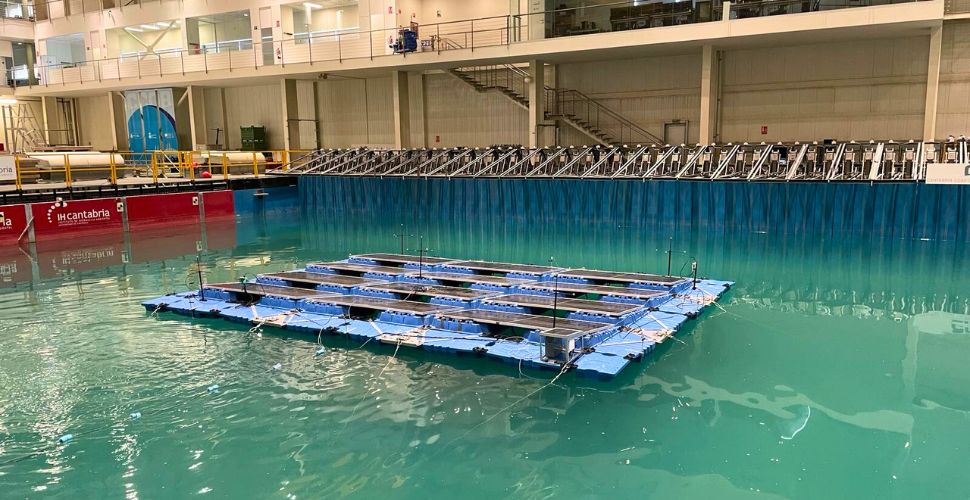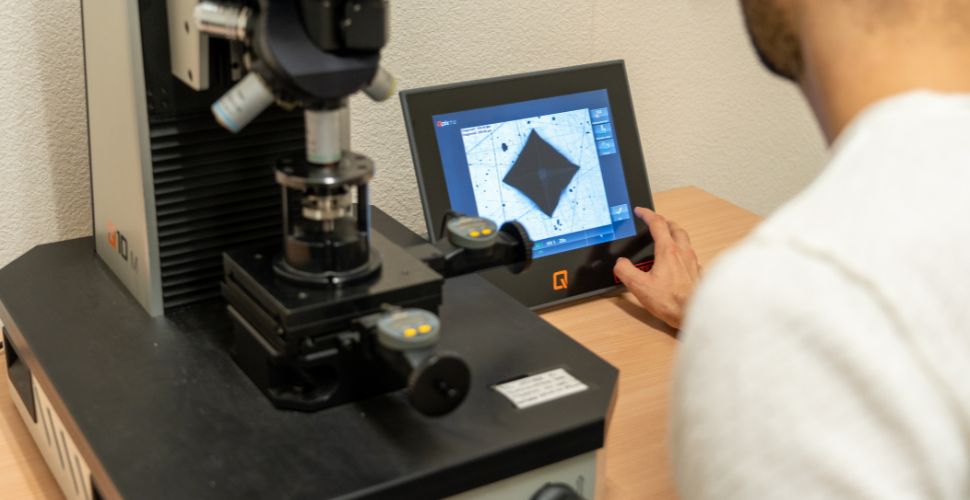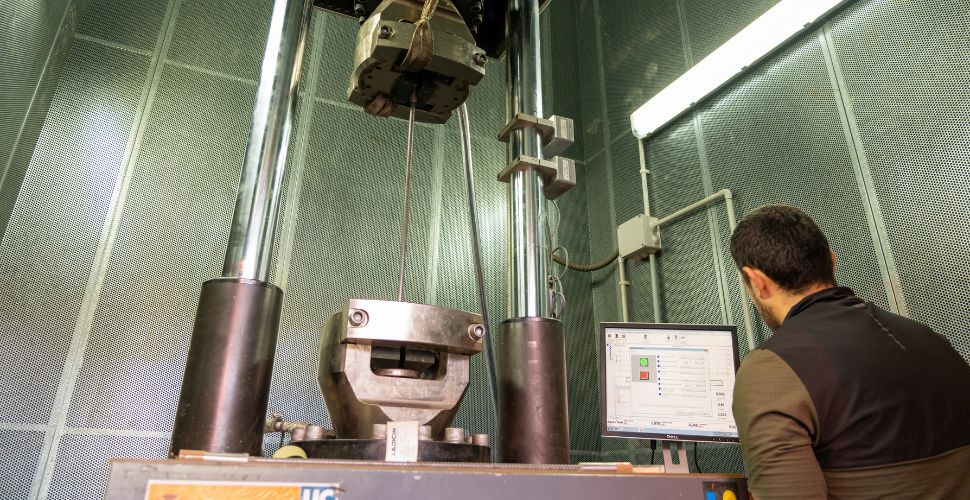LADICIM collaborates with Isigenere and IHCantabria to promote new designs and incorporate advanced materials into floating solar structures
The project 'SunANDtAqua', in which the University of Jaén also participates, pursues the development of new methodologies to predict the dynamic behavior of plants floating photovoltaics and make them more efficient and sustainable
Conventional terrestrial photovoltaic systems, although widely used, have several limitations. They require large areas of terrain and They are subject to efficiency losses due to overheating. By contrast, Floating solar plants take advantage of the cooling effect of water, which significantly improves their performance. In Spain, where there are more than 1,230 large dams and further of 60,000 irrigation ponds, alpechín, slurry and wastewater, the implementation of this technology has great potential to transform the rural energy landscape.
In a context where climate change mitigation is a global priority and where the European Green Deal aspires to a climate-neutral European Union in 2050, the project ‘SolEtAqua’ aligned with the objectives of reducing emissions and promoting renewable energy. The challenge: develop new methodologies to predict the dynamic behavior of floating solar structures and improve existing solutions. This involves evolving towards more efficient and sustainable concepts through the use of eco-materials, thus addressing both energy needs and environmental objectives.
Lto Spanish engineering Isigenere and the Institute of Hydraulics of Cantabria (IHCantabria) coordinate This initiative also involves the Laboratory of the Materials Science and Engineering Division of the University of Cantabria (LADICIM) and the University of Jaén.

‘SolEtAqua’ focuses on the development of advanced floating solar technologies for use in agroindustrial and livestock environments. Since December 2022, the four institutions involved in this R&D&i project have been working to optimize both the design and implementation of floating photovoltaic plants, a field in which the Isigenere company is a pioneer. The company has created Isifloating, a revolutionary structure, new worldwide, for the production of this type of renewable energy.
The work focuses on developing sustainable and lasting solutions that contribute to the evolution of a more ecological and technologically advanced agroindustrial sector.
Numerical modeling and new eco-friendly materials
The project ‘SolEtAqua’ uses numerical modeling tools to predict the dynamic behavior of floating photovoltaics under various environmental conditions, with the objective of design structures capable of supporting complex loads, like that exerted by the wind and waves.
The focus has been placed on development of eco-friendly materials. The researchers of I’M LOADING, in collaboration with their partners, have advanced in the characterization and validation of new sustainable and durable materials, that they can minimize environmental impact and reduce dependence on conventional plastics, such as HDPE polymer, or high-density polyethylene.

Experimental trials play a crucial role in the validation of these technologies. The work plan executed so far has allowed LADICIM to develop computational models that allow simulating the behavior of the floats on which the panels rest under unfavorable environmental conditions.
These models have been evaluated using experimental data generated in the large maritime engineering tank of Cantabria (GTIMC) of IHCantabria, a unique infrastructure that allows you to reproduce wind, wave and current conditions anywhere in the world. The combination of controlled tests and real-world data allows researchers to fine-tune and refine their models and materials, ensuring floating solar systems perform optimally.
Expected results, impact and applications
Although ‘SolEtAqua’ is still in development and is expected to be completed in December 2025, its promoters foresee significant results that could transform the agroindustrial and livestock sector. It is expected creation of new adaptive floating concepts, able to function and generate energy under extreme weather and water quality conditions. This durability and energy production capacity are essential to ensure a constant and reliable supply.
Another expected result is the development of sustainable materials that can withstand various aquatic conditions for periods of more than 25 or 30 years. They will improve the durability of floating solar systems and contribute to reducing the carbon footprint of the energy production process.

Furthermore, the project aims to achieve a significant reduction in the levelized cost of energy (LCOE), with a target of €50/MWh by 2030. This will be achieved by optimizing the use of existing infrastructure in the rural environment, which will maximize its usability and reduce electricity production figures.
The implementation of advanced floating solar technologies in the agroindustrial and livestock sector not only improves environmental sustainability by reducing greenhouse gas emissions, but also offers significant economic benefits, such as reduced operating and maintenance costs, which It allows agroindustrial companies to be more competitive in the market.
‘SolEtAqua’ focuses on improving energy efficiency and sustainability, providing practical solutions to the sector’s energy challenges. With a budget of 1.2 million euros, the project also has the potential to create highly skilled jobs in agriculture and livestock by introducing new technologies. The jobs they have the financial support from the State Research Agency of the Ministry of Science, Innovation and Universities through the State Plan for Scientific, Technical and Innovation Research 2021-2023, which is nourished by the money NextGeneration of the Recovery, Transformation and Resilience Plan.





